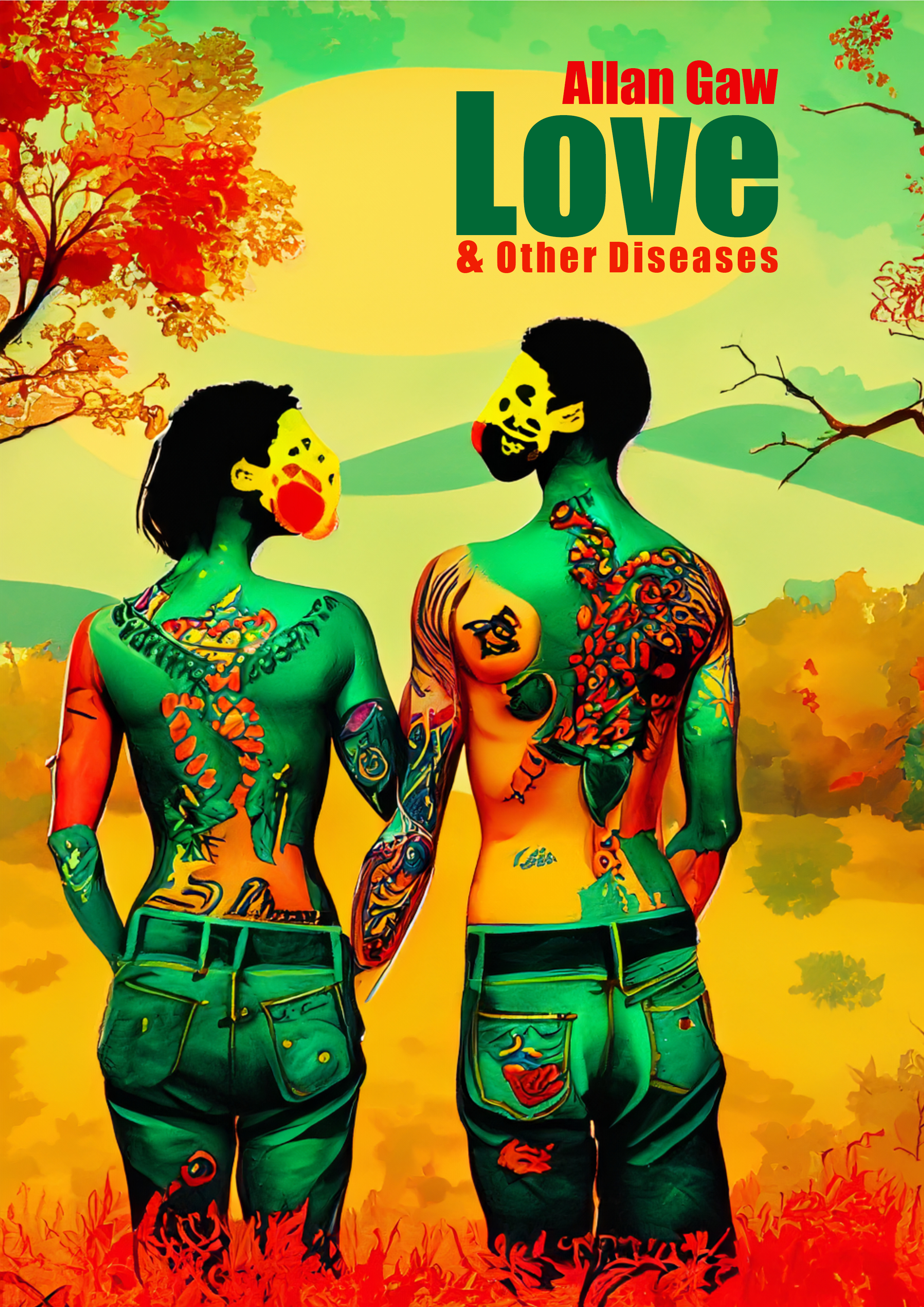Tales of a Cosmic Crofter
This is an entrancing read. The story, told in a sequence of poems, of a diligent but burnt-out island crofter who buys a fourth-hand workaday tractor and discovers that, in his hands, it can convert to a space capsule. And he wastes no time in taking off on nightly joyrides of galactic exploration, ‘each whirl a defiance of his ancestry’.
Murray’s gift for storytelling is at full power here, the narrative a roller coaster of loops and bends and inversions; images so vivid they give you a jolt, like the one of the crofter ‘stealing red threads from a sunset’, for a weaver neighbour, ‘to lighten up the overwhelming gloom/of dark twill stretched before him.’
(Maggie Rabatski)
£10.00






